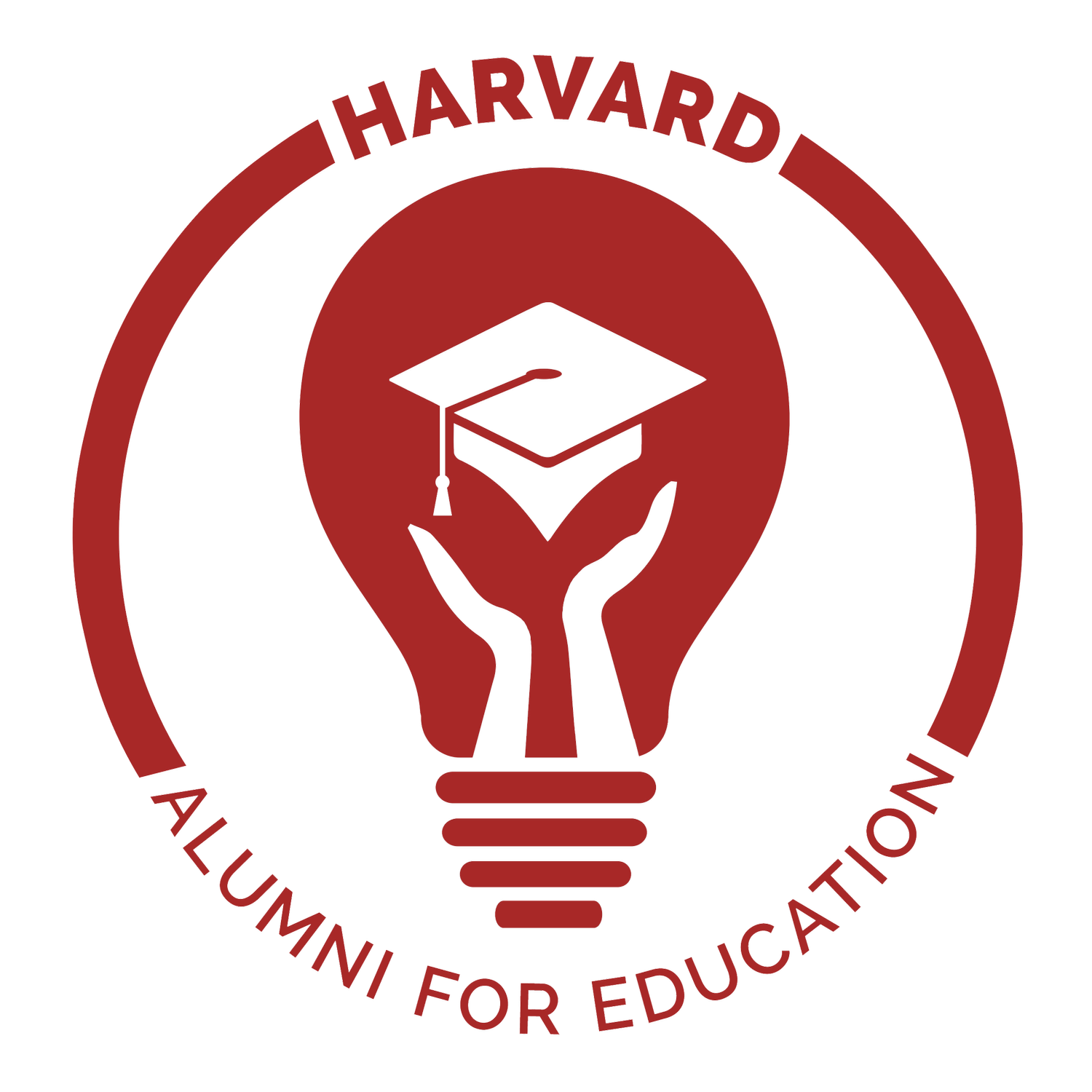This post was written by Rufina K. Park
On August 6th, Harvard Alumni for Education (HAEd) hosted its first worldwide online event entitled: “A Global Conversation with Harvard Alumni on Teaching and Learning for the 21st Century.” The conversation featured a panel of experts in education from the US, Singapore, Chile, India, and Mexico, led by Ford Foundation Professor of Practice in International Education at the Harvard Graduate School of Education, Fernando M. Reimers (Ed.M. ‘84, Ed.D. ‘88).
Participants of the webinar co-hosted by HAEd heard from these panelists
Panelists shared insights about their contributions to the book entitled Teaching and Learning for the the Twenty-First Century: Educational Goals, Policies, and Curricula from Six Nations. Professor Reimers explained that the book’s editors and the contributing authors were interested in explaining the competencies young people need to thrive in the knowledge-based economy of the 21st century. Each section of the book uses country case studies to provide in-depth explanations of various national curriculum frameworks and the political economies that shape and affect education. Although there are many similarities in how the education systems were going beyond teaching knowledge and basic cognitive skills to encompass using knowledge in creative ways, collaborating with others, solving problems, and lifelong learning, Professor Reimers also noted that there is “interesting variation” within the curriculum changes implemented by each of the countries. One example in a particular approach taken by Singapore included the strong emphasis on teachers as nation-builders and the efforts to recruit the best and brightest to the teaching profession. Connie K. Chung (A.B. ‘97, Ed.M. ‘99 and ‘07, Ed.D.’13), Research Program Director of Harvard’s Global Education Innovation Initiative highlighted how key changes in education policy were linked to turning points in U.S. history, such as the Brown v. Board of Education Supreme Court case. In the Q&A period, participants asked diverse questions ranging from supporting the teaching profession, project-based learning, and the use of technology for 21st century learning.
HAEd is excited that more than 100 people participated in this webinar and we hope to host similar online and offline events in the future. If you have any suggestions or ideas about how to connect Harvard alumni interested in education, please contact leadership@harvardaed.org
Find out more about the Global Education Innovation Initiative:
http://globaled.gse.harvard.edu/about
Read the Book: Teaching and Learning in the 21st Century: Educational Goals, Policies, and Curricular from Six Nations
http://hepg.org/hep-home/books/teaching-and-learning-for-the-twenty-first-century
(Discount code: RECH 16)
